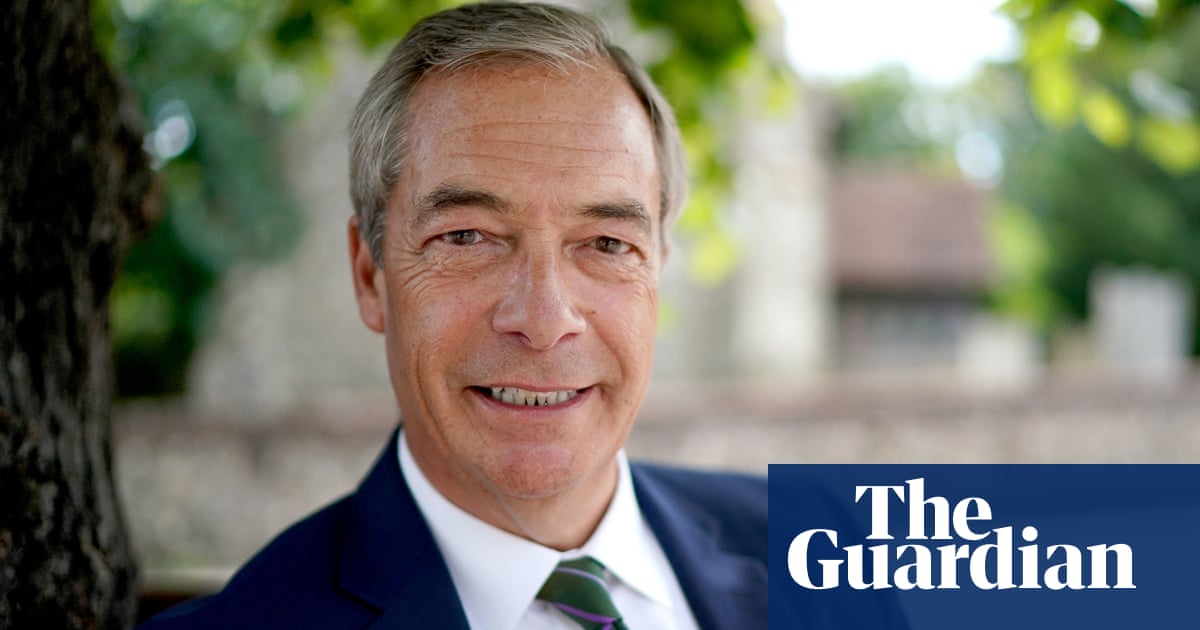
An Iranian deputy said that lawmakers may request that Supreme Leader Ali Khamenei retract the "fatwa prohibiting nuclear weapons."
The ILNA news agency reported that MP Mohammed-Reza Sabbaghian Bafghi warned: "We will ask the Supreme Leader to change his strategy and fatwa on the prohibition of producing nuclear weapons if the enemies continue their threats."
On Monday, the IRGC-affiliated Fars news agency quoted the head of Irans atomic agency, Mohammad Eslami as saying that Iran has the technical capability to produce an atomic bomb but has no intention of doing so.
Eslami reiterated comments made by Kamal Kharrazi, a senior adviser to Khamenei.
"As Mr. Kharrazi mentioned, Iran has the technical ability to build an atomic bomb, but such a program is not on the agenda," said Eslami.
Shortly after, Atomic Energy Organization of Iran (AEOI) spokesman Behrouz Kamalvandi said Eslamis statement was "misunderstood and misjudged" by the media.
"Irans strategic potential and military power are deterrent enough to repel any foreign threats, thus rendering it pointless for the country to design and develop nuclear weapons," Kamalvandi said.
Meanwhile, Tehran criticized the latest package of US sanctions that targeted a network of companies involved in exporting Iranian oil, vowing a "firm response".
The official IRNA news agency quoted Foreign Minister Hossein Amir Abdollahian as saying Iran had started pumping gas into centrifuges in response to the US sanctions.
Abdollahian also said that in the past weeks, while Iran was preparing for a new round of negotiations, the US suddenly proposed a censure resolution against Tehran at the IAEA Board of Governors to gain concessions from Iran at the negotiating table.
"We are serious about reaching a strong agreement, but if the American side wants to continue this path, our hands will never be tied," Abdollahian cautioned.
On Monday, US Secretary of State Antony Blinken announced new sanctions on six entities facilitating illicit transactions related to Iranian petroleum and petroleum and petrochemical products, key sources of revenue for the Iranian government.
Iranian Foreign Ministry spokesperson Nasser Kanaani said the White Houses insistence on sanctions would first be met with a stern and prompt response from Iran. Tehran will then take the necessary steps to mitigate any potential impact on its commerce and economy.
Kanaani said officials in the Joe Biden administration have frequently resorted to former President Donald Trumps "maximum pressure policy" as a failed, fruitless strategy.
However, in action, they have continued and even expanded the strategy in spite of ongoing attempts to restart negotiations over Washingtons return to the nuclear agreement with Iran, he pointed out.
Efforts to revive the agreement have so far failed. After 11 months of indirect talks in Vienna between Tehran and the US, the two agreed to restore the deals outlines last March.
But the talks failed after Tehran demanded that Washington provide guarantees that no US president would abandon the agreement, as Trump did, and required removing the Iranian Revolutionary Guards from the US list of foreign terrorist organizations.












